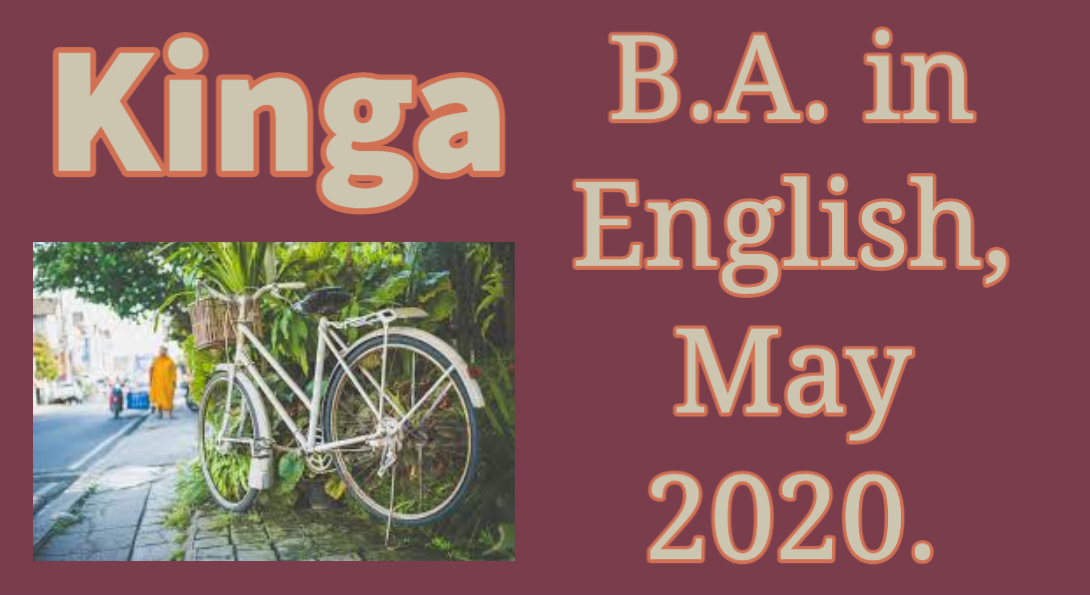Kinga

I came to the U.S. from Poland at the budding age of thirteen. The extent of my English began at “Hi, my name is Kinga” reaching full circle with “I’m good, and you?” But even with those surefire fundamentals, the smallest small talk was out of the question. To add to this, various incongruencies between what I had learned versus what I was hearing spoken came to my attention. In Europe, schools teach the British version of English, which means certain words are spelled differently and certain letters pronounced unrecognizably. I’ll never forget trying to spell my last name to a paramedic after I’ve been hit by a car while riding my bike. “Dee—Zet—” “What do you mean? You mean ‘ze’?” “No; Zet, zet!” I was at my wit’s end, not unlike the paramedic. Funny little barriers.
That accident took place a few months after my move to America, and I had just started seventh grade. I remember the whole thing distinctly, not only because it was traumatic but also because I spoke my first full sentence in English without any awkward internal translation. It went like this: flying off of my bike, I plummeted into the pavement. My body then went into a shock, and I — consumed with embarrassment, having my new classmates as witnesses — immediately stood up with the goal to get back on the bike. But soon as I went for it, my vision went black. Not instantly; It was more like an old Windows XP shutting down pixel by pixel. I remember looking at my hands and knowing I should see them, and yet I wasn’t. That’s when I said: “I can’t see. I can’t see.” The next thought I had was, I just spoke English to the English-speaking. Awesome.
My vision shortly returned and I could see for myself what kind of mess I was in. But in spite of the pain, the blood, and the commotion, I felt very impressed with myself. I had put together the noun with the auxiliary verb and the auxiliary verb with the intransitive verb, and the people around me understood. I gave my own meaning to words that simply existed within textbook examples, conjugated and defined but stilted and removed from life. That act of spoken creation felt like the bigger thrill of the day.
It has been almost ten years now since that accident and since I came to America. Today, I am more fluent in English than in my native tongue. I can’t say that I’ve mastered this or that language — I still struggle to be eloquent and succinct and definite — but mastery is continuous and never-ending. And for that, I am glad because no matter how dull the real-world gets, I can always turn to the dictionary and find something curious or byzantine or even nebulous, and then give those strange words a life that enriches my own.